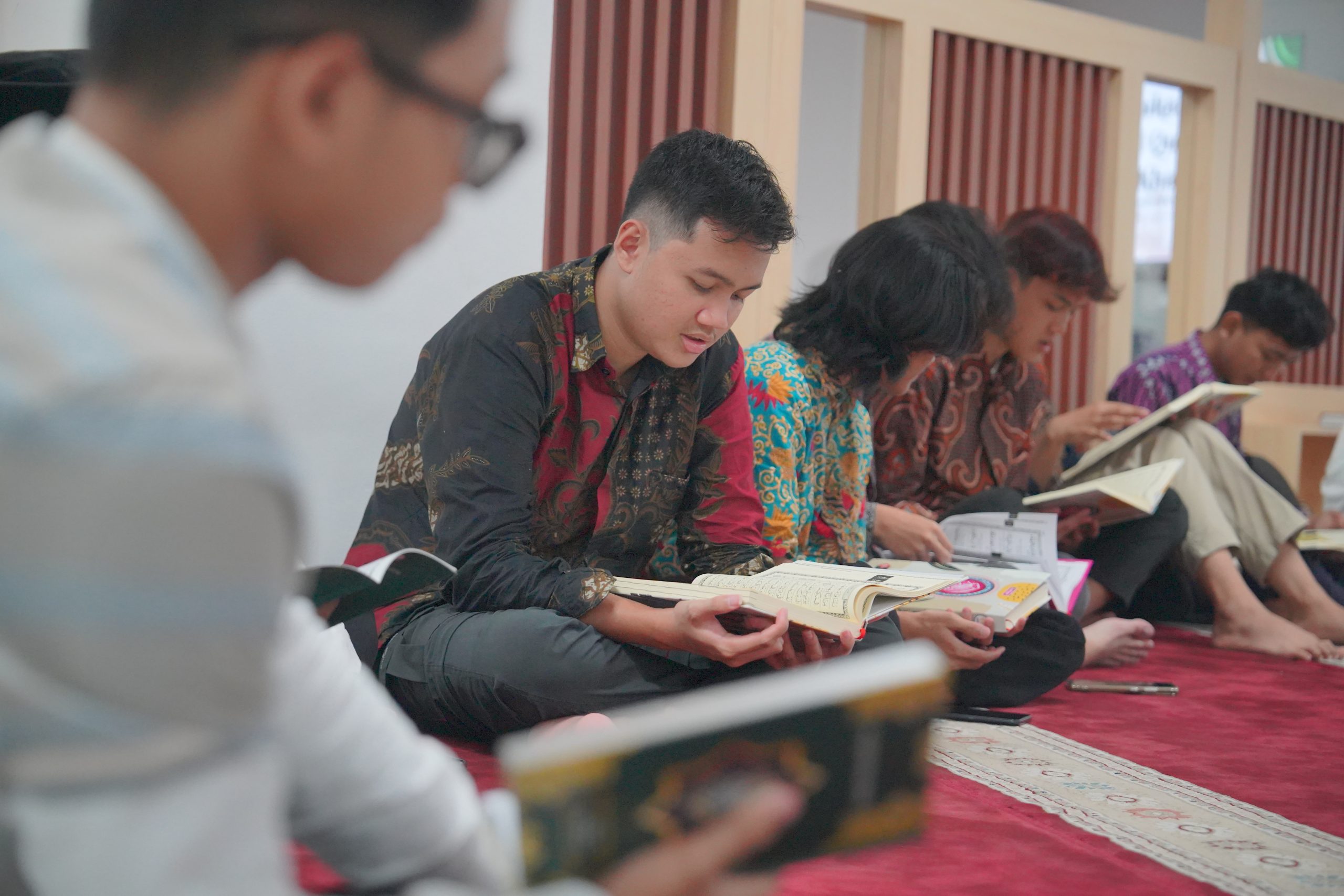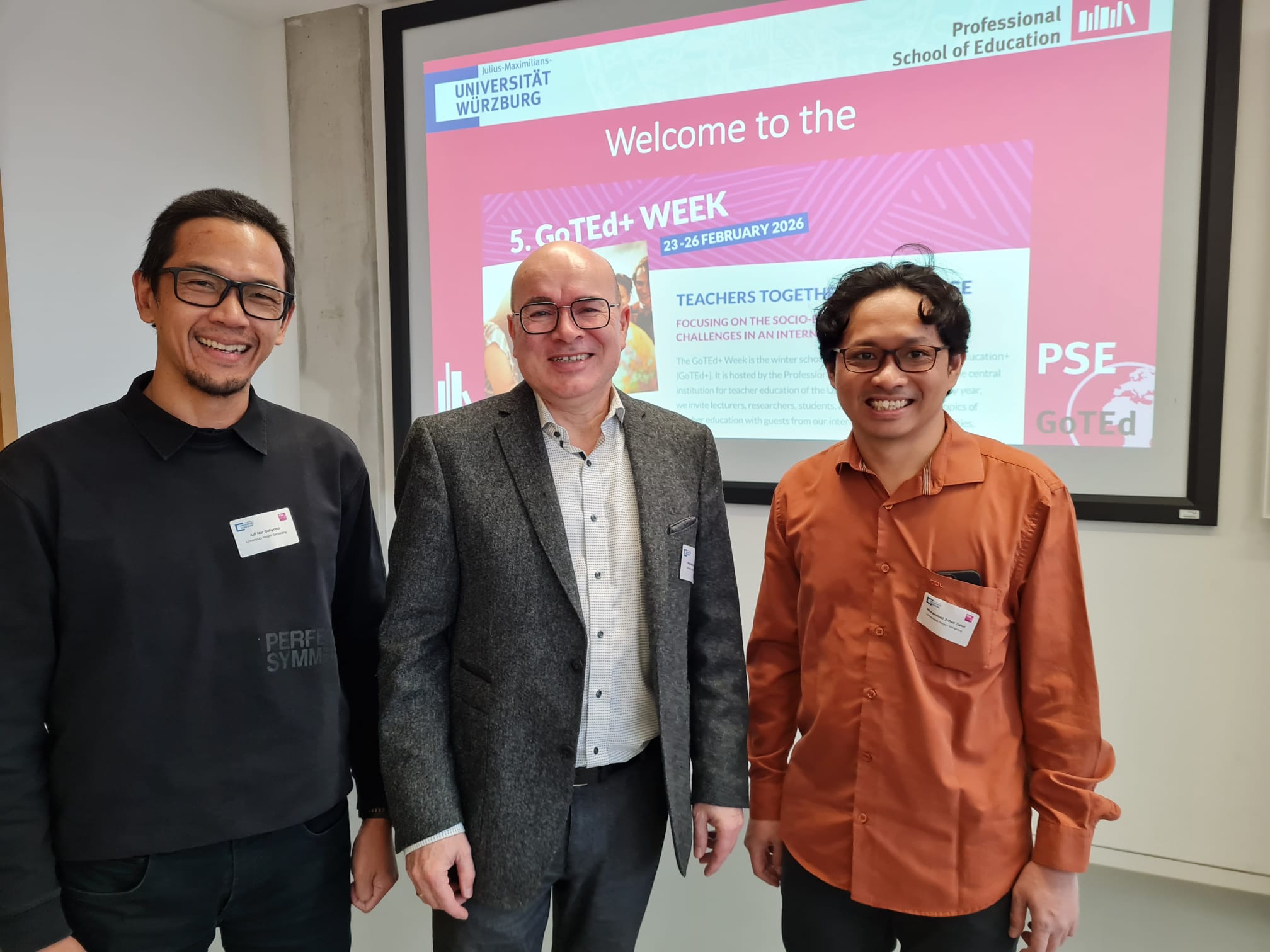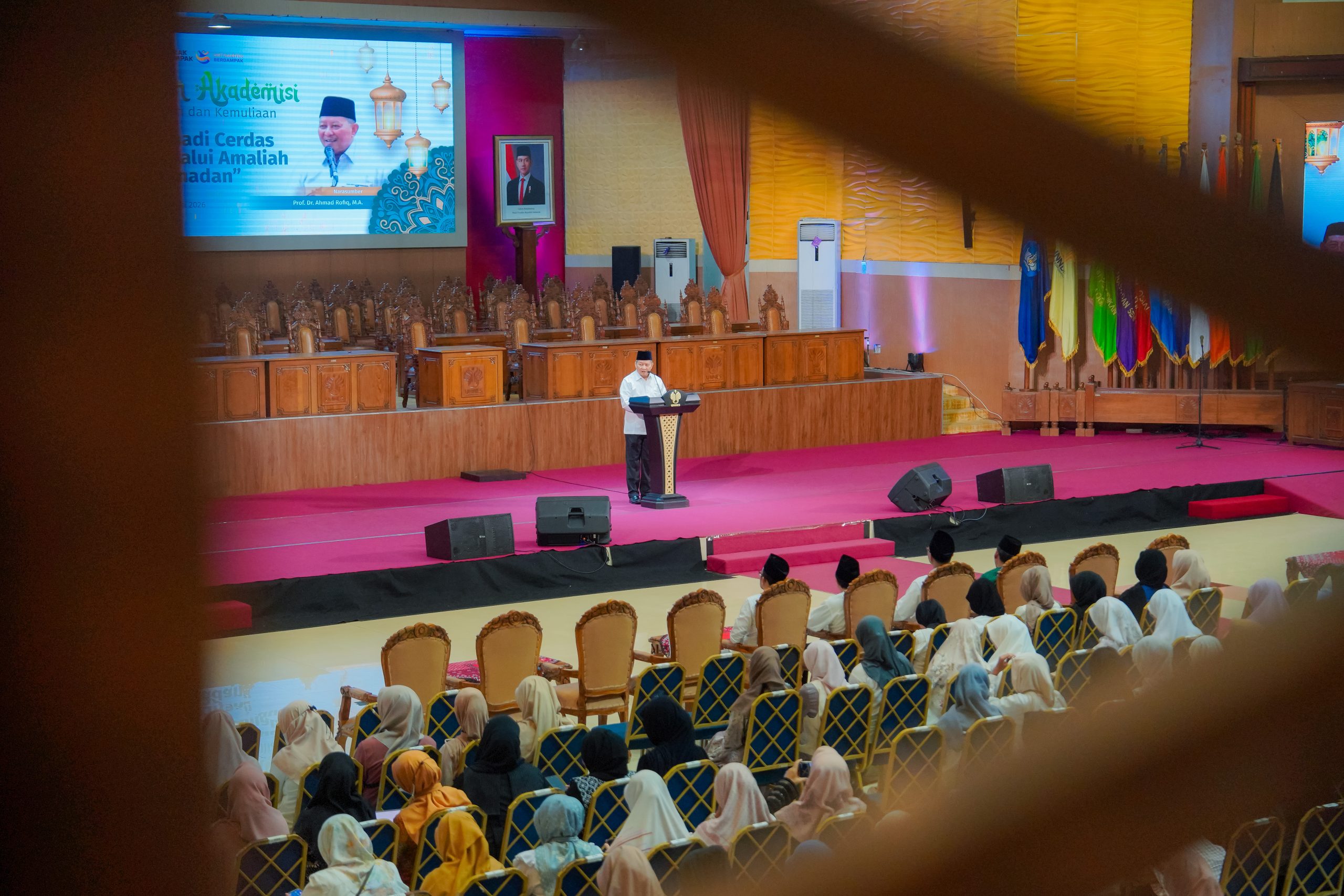Fakultas Hukum Universitas Negeri Semarang (FH UNNES) adakan seminar nasional yang bertajuk “Pengawasan Keimigrasian dalam Pengendalian Radikalisme dan Terorisme” pada Rabu, (01/11) di Hotel Grasia, Semarang. Acara ini diikuti oleh kalangan dosen dan mahasiswa fakultas hukum se-Indonesia.
Turut membuka acara adalah Prof Dr Rustono MHum, selaku Wakil Rektor Bidang Akademik, dan Dr Rodiyah MPd, selaku Dekan FH UNNES.
Dalam sambutannya, Rodiyah menyampaikan, bahwa adanya seminar merupakan salah satu cara untuk mencegah adanya penyebaran radikalisme dan terorisme di Indonesia. Cara yang dimaksud adalah dengan menjaring peran mahasiswa dalam dunia akademis, dengan sosialisasi dan presentasi paper.
Dalam acara ini, hadir sebagai pembicara adalah Prof Dr Irfan Idris MA, selaku Direktur Deradikalisasi Badan Nasional Penanggulangan Terorisme (BNPT), Drs Alif Suadi, MSi, Direktur Sistem & Teknologi Informasi Keimigrasian, dan Dr Ali Masyhar SH MH, selaku Direktur Pusara Teror FH UNNES.
Masuk ke dalam materi, Prof Dr Irfan Idris menyampaikan materi mengenai usaha BNPT dalam menanggulangi terorisme. Usaha yang dilakukan adalah melalui deradikalisasi pada semua elemen masyarakat.
Untuk kalangan mahasiswa sendiri, Prof Irfan mengingatkan bahwa mahasiswa memang harus radikal atau kritis akan sebuah hal, namun, yang harus dihindari adalah masuknya unsur agama sebagai pembenaran atas aksi radikalisme yang ekstrim dari mahasiswa.
Materi kedua disampaikan oleh Alif mengenai cara masuknya terorisme ke Indonesia melalui bidang Imigrasi. Ia menyampaikan, sebagai negara kepulauan terbesar di dunia, Indonesia memiliki banyak sekali pintu masuk bagi teroris. Oleh karena itu, usaha yang dilakukan pemerintah adalah menggunakan sistem pemeriksaan ketat di pintu masuk pihak asing, seperti bandara, pelabuhan, pos lintas batas, dan lain sebagainya.
Hal ini pastinya tidak dilakukan sendirian oleh badan Imigrasi, namun, terdapat kerjasama dan laporan badan penanggulangan terorisme, seperti BNPT dan Densus 88.
Kemudian, sesi materi terakhir diberikan oleh Dr Ali Masyhar. Dalam presentasinya, beliau menjelaskan bahwa terorisme adalah kejahatan transnasional yang dapat terjadi antar negara. Untuk menyelesaikan hal tersebut, perlu dilakukan penegakan hukum yang sudah ada dengan benar.
(Cesar Abdul, Student Staff)



